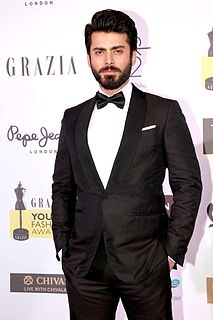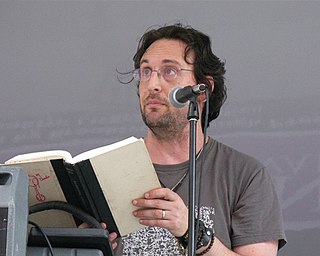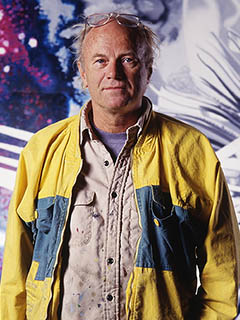A Quote by Mohsin Hamid
Why the brevity? Because I'd rather people read my book twice than only half-way through
Related Quotes
I recently read in the book My Stroke of Insight by brain scientist Jill Bolte Taylor that the natural life span of an emotion—the average time it takes for it to move through the nervous system and body—is only a minute and a half. After that we need thoughts to keep the emotion rolling. So if we wonder why we lock into painful emotional states like anxiety, depression, or rage, we need look no further than our own endless stream of inner dialogue.
There is only one way to read, which is to browse in libraries and bookshops, picking up books that attract you, reading only those, dropping them when they bore you, skipping the parts that drag-and never, never reading anything because you feel you ought, or because it is part of a trend or a movement. Remember that the book which bores you when you are twenty or thirty will open doors for you when you are forty or fifty-and vise versa. Don’t read a book out of its right time for you.







































